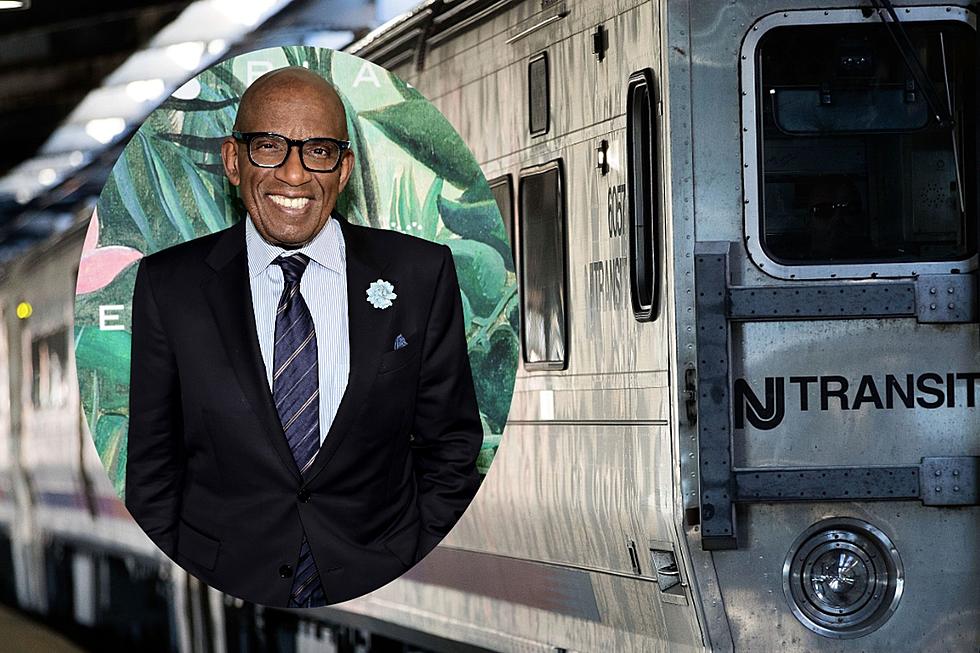
New Jersey lawmakers keep heat on transit agency after crash
TRENTON -- New Jersey lawmakers investigating last month's fatal train crash in Hoboken are keeping the pressure on state transportation officials, demanding answers to questions on finances and safety they say weren't adequately addressed at a hearing last week.
A letter sent to the head of the state's transportation department Monday comes ahead of a vote planned by New Jersey Transit's board on Wednesday to lease additional radio spectrum to help it install an automatic train braking system.
The absence of positive train control is being looked at as part of the investigation into the Sept. 29 crash at Hoboken Terminal. One woman died and more than 100 people were injured in the crash, when a packed train going double the 10 mph speed limit slammed into a bumping post.
The lawmakers are asking for answers by Friday from Richard Hammer, the head of the state's transportation department. That includes whether NJ Transit has reached out to accident victims, detailed explanations of how it counts accidents, and the status of positive train control.
But he told the committee several times that he would need to look into matters they raised, including NJ Transit's dealings with victims and the potential double counting of breakdowns.
"As the committee continues its investigation, it is imperative that the committee gain an understanding of how NJ Transit operates, including the formal and informal policies and processes at the agency," state Sen. Bob Gordon and Assemblyman John McKeon wrote in the letter.
The Democrats are leading the joint investigation into the accident and the agency. New Jersey Transit's new executive director, Steven Santoro, is scheduled to testify at the committee's next hearing on Nov. 4. Lawmakers were perturbed that NJ Transit officials did not attend last week's hearing. They were at a previously scheduled meeting with federal officials in Washington.
Hammer dismissed concerns at a hearing on Friday that NJ Transit was underfunded and said there was full state funding for a $250 million project to install the GPS-based safety technology known as positive train control.
He vowed that NJ Transit would meet a December 2018 installation deadline, with testing scheduled for next year on a 6-mile stretch of the Morris and Essex Line.
He said NJ Transit would look into whether the technology should be installed at Hoboken Terminal. Federal regulators had given the agency an exception for the station. After the crash, NJ Transit lowered the speed limit at Hoboken Terminal to 5 mph and ordered conductors to stand in the front of the train and act as a second set of eyes for engineers when entering the station.
An Associated Press analysis of federal safety data from January 2011 through July 2016 found that NJ Transit trains have been involved in 157 accidents since the start of 2011, three times as many as the largest commuter railroad, the Long Island Rail Road.
Hammer said that NJ Transit has gotten more scrutiny from federal regulators than other railroads because it counts all incidents and accidents and not just those required to be reported by federal guidelines. All of the incidents reviewed by the AP appeared to meet federal reporting criteria.
Hammer said he also is looking into whether the agency double-counts trains affected by mechanical issues. According to federal data, NJ Transit trains break down about every 85,000 miles, compared with more than 200,000 miles for the LIRR and the Metro-North Railroad.
(Copyright 2016 The Associated Press. All rights reserved. This material may not be published, broadcast, rewritten or redistributed.)
More From New Jersey 101.5 FM









